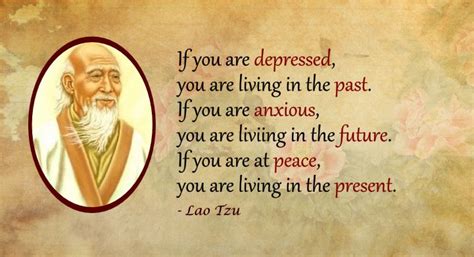|
home | what's new | other sites | contact | about |
||
|
Word Gems exploring self-realization, sacred personhood, and full humanity
Lao Tzu Tao Te Ching
from Wikipedia The Tao Te Ching[note 1] (traditional Chinese: ???; simplified Chinese: ???) or Laozi is a Chinese classic text and foundational work of Taoism traditionally credited to the sage Laozi, though the text's authorship, date of composition and date of compilation are debated.[7] The oldest excavated portion dates to the late 4th century BC.[8] The Tao Te Ching is central to both philosophical and religious Taoism, and has been highly influential to Chinese philosophy and religious practice in general. It is generally taken as preceding the Zhuangzi, the other core Taoist text,[8] as suggested by the Zhuangzi itself.[9] Terminology originating within the text has been reinterpreted and elaborated upon by Legalist thinkers, Confucianists, and particularly Chinese Buddhists, which had been introduced to China significantly after the initial solidification of Taoist thought. The text is well known in the West, and is one of the most translated texts in world literature.[8] TitleIn English, the title is commonly rendered Tao Te Ching, following the Wade–Giles romanisation, or as Daodejing, following pinyin. It can be translated as The Classic of the Way and its Power,[10] The Book of the Tao and Its Virtue,[11] The Book of the Way and of Virtue,[12][13] The Tao and its Characteristics,[5] The Canon of Reason and Virtue,[6] The Classic Book of Integrity and the Way,[14] or A Treatise on the Principle and Its Action.[15][16] Ancient Chinese books were commonly referenced by the name of their real or supposed author, in this case the "Old Master",[17] Laozi. As such, the Tao Te Ching is also sometimes referred to as the Laozi, especially in Chinese sources.[8] The title Tao Te Ching, designating the work's status as a classic, was only first applied during the reign of Emperor Jing of Han (157–141 BC).[18] Other titles for the work include the honorific Sutra of the Way and Its Power (????; Dàodé zhenjing) and the descriptive Five Thousand Character Classic (???; Wuqian wén).
|
||
|
|

